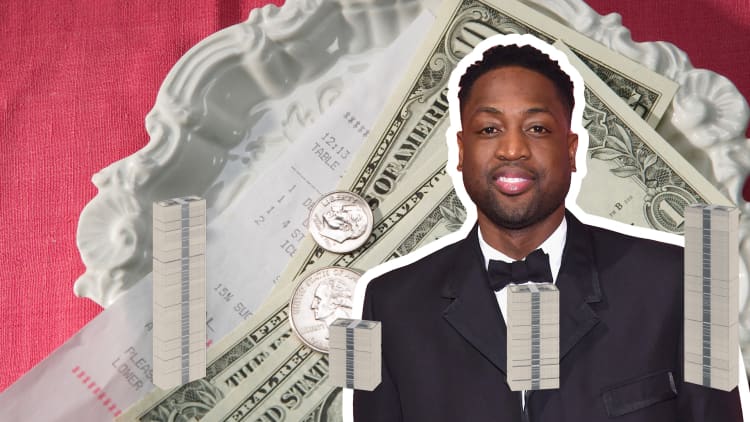Like many Black women, I was gifted with a subset of skills for resilience at a young age. Resiliency is powerful because it can emphasize the positive factors of pushing through in the face of adversity.
This served me well throughout childhood, but created problems as I got older. I saw my resiliency as a badge of honor, but would refuse to ask for help, because I was afraid it would make me look weak. So when I had money troubles, I didn't know where to turn for support. Neither of my parents had financial stability.
It took me a solid year to discover the handful of ways (many of them non-traditional) that could help improve my money habits and strengthen my personal finances.
One of them was keeping a "money journal."
Facing my first experiences with money
Money was always a misunderstood element of my life, so getting started wasn't easy. But as soon as my pen hit the paper, I knew I was creating an intimate relationship with myself and my money.
I would write about my current relationships. I would describe my most traumatic money incidents. When I wanted to explore the emotions behind them, I would present them to my therapist.
Keeping a money journal also forced me to trace back to my childhood experiences, which ultimately helped me figure out what I wanted to do in life. After hours of writing, I realized that fourth grade was a pivotal time for me. It was the first time I got mooned, the first (and last) time I got into a fistfight, and the first time someone called me the N-word.
The most important fourth grade event, though, was learning about the stock market. In Ms. Richardson's class, we picked three stocks — Bank of America, Hershey's and Atari — and followed them throughout the year. The stocks would repeatedly go up and down. It was my first experience with finance, and I actually enjoyed it.
I loved looking at financial evaluations through stocks. I loved learning about golf, because my little elementary school brain thought that business deals were always made on golf courses. I loved researching the valuations of Beanie Babies. (Why would anyone want to spend half a million dollars on the princess bear?)
I was able to see my childhood self: the good, bad and the ugly. Skimming through the past, I realized that I was apparently good at math, even though I never felt like I was.
Because money is math, I decided that I wanted to help people, especially women of color, understand and improve their personal finances.
My journal entries created the catalyst to apply to Financial Planning School and get my MBA.
It's never too late to start a money journal
You don't need much to start a money journal — just a pen and paper. Here are some ideas to get your thoughts flowing:
- What was your first experience with money? Describe it in detail. Did you have any positive or negative feelings towards it?
- What are some positive aspects of learning about money?
- How do your parents interact with money?
- How do your friends interact with money?
After your money reflections, think about what parts of your personal finance life require little more attention. Do you need a place to organize all your money-related documents? Are there any holidays or birthdays coming up? Have you created a budget plan? Write a running list of essential money tasks. Then get that file cabinet and notebook to track spending, liabilities and assets weekly.
I recommend committing to at least six weeks of money journaling. I guarantee it will lead to amazing things: You'll come across life-changing realizations from your past, and each of those realizations will bring you one step closer to achieving both your personal and financial goals.
Eugenie George, MBA, CFEI, is the author of "Our Money Stories: A Six-Week No B.S. Holistic Financial Wellness Plan." With over 10 years of experience in tech, education and money-planning, Eugenie uses non-traditional ways of understanding business and personal goals to help Women of Color strengthen their personal finances. Follow her on Twitter.
Don't miss:



